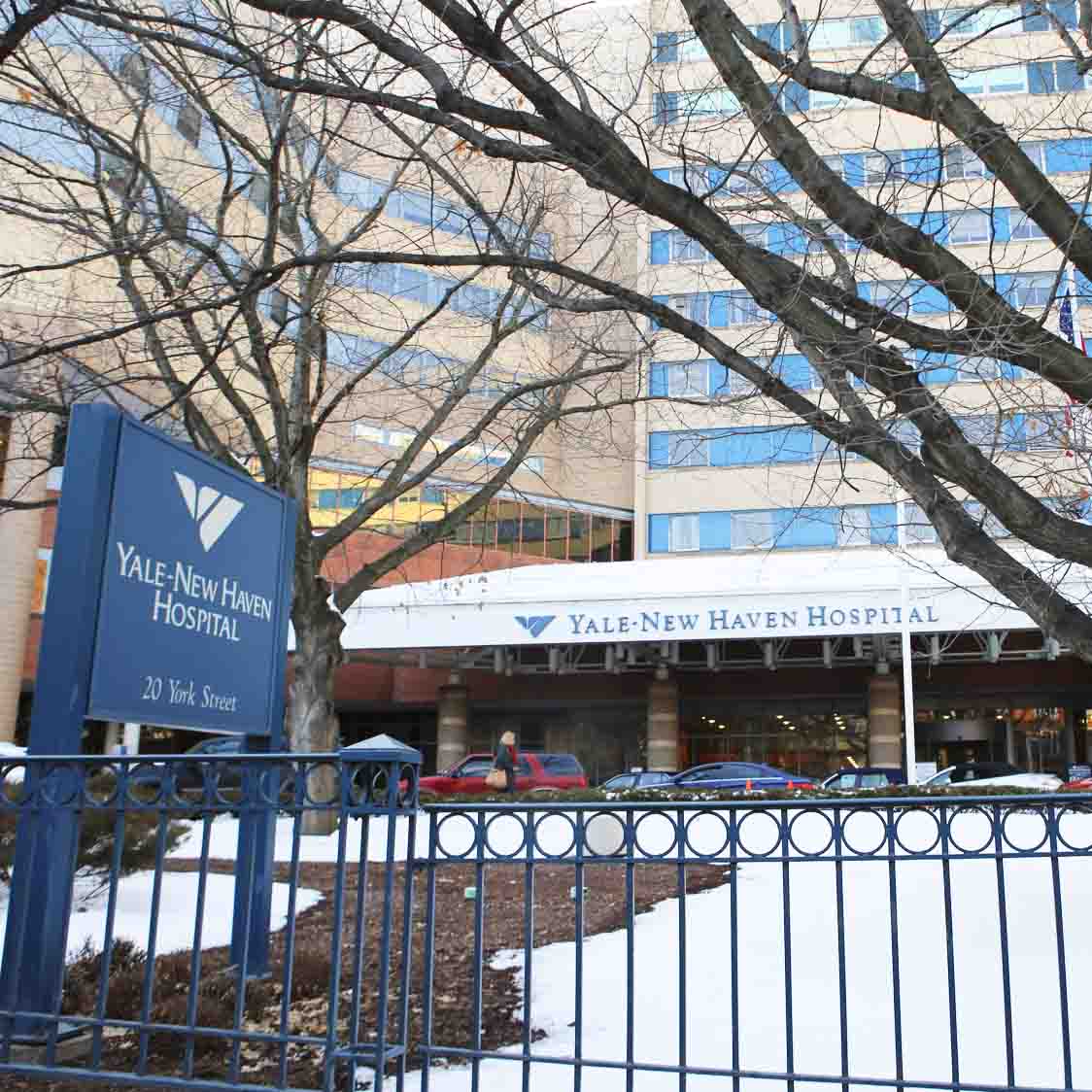
Yale Daily News
Yale New Haven Hospital received a national community service prize yesterday, a major triumph in the hospital’s efforts to recover from a decade-old scandal.
Fifteen years ago, the hospital came under fire for “hounding” patients with massive charges while simultaneously receiving tax breaks due to its status as a not-for-profit teaching hospital, according to a recent story in POLITICO. Since then, Yale New Haven Hospital has engaged in a number of community outreach programs, which have fostered public goodwill and garnered praise from community organizations, as well as the American Hospital Association.
In a Tuesday press release, the AHA commended the hospital for a variety of programs it provided in the areas of health, education and neighborhood revitalization, as well as for the hospital’s emphasis on hiring locally.
“We’re very proud to be recognized with the Foster G. McGaw prize, which is the most prestigious national recognition given by the American Hospital Association for excellence in community service,” said Vincent Petrini, senior vice president of public affairs at Yale New Haven Hospital. “This reflects not only the employees we have in this organization, but our partners in the community that have done such an exceptional job at advancing our common goals.”
Yale New Haven Hospital supports over 150 local organizations and in 2016 provided nearly $600 million to the New Haven community through five overarching programs: advancing careers in health care, promoting health and wellness, building stronger neighborhoods, creating a healthier community and guaranteeing access to care. Nearly $100 million of those funds went toward training individuals to become medical professionals.
The press release championed the hospital’s focus on improving public health through a combination of health care and outreach programs designed to address the social issues that affect the Greater New Haven community. Yale New Haven Hospital’s responsibilities extend outside its four walls, Petrini said. The hospital’s mission isn’t just about health care; it’s about issues such as housing and education, which are social determinants of health as well, he added.
“Yale New Haven Hospital is passionate about public health. Beyond providing excellent health care to their diverse communities, they see and nurture the connection between health and a stable neighborhood, good jobs and home ownership,” said John O’Brien, chair of the Foster G. McGaw Prize Committee, as quoted in the AHA press release.
In an interview with the News, Petrini declined to discuss many of the allegations of bad behavior by the hospital, noting that they were from well over a decade ago.
“Those were complex issues in a very complex time. Looking back, it can be kind of difficult to address,” Petrini said, adding later that “the whole period of time was really complicated by a multi-million-dollar union campaign.”
The hospital was for many years embroiled in a legal fight with the Service Employee International Union District 1199. In 2004, one lawsuit by the union — which claimed the hospital excessively billed indigent patients — was dismissed and an appeal denied.
Petrini noted that the hospital has in recent years put significant effort into building relationships in the community and staying aware of what the major concerns of New Haven residents are.
According to the POLITICO article, the tax exemptions that not-for-profit hospitals receive remain a contentious issue nationwide, partly because not-for-profit hospitals return significant profits. But Petrini defended Yale New Haven Hospital’s tax-exempt status, arguing that the profits the hospital returns are reinvested into a variety of projects, from providing the uninsured with care to building new facilities that benefit the community.
“It’s a bit ironic, as the Yale New Haven Hospital is actually the biggest taxpayer in the state of Connecticut right now, even though we are not-for-profit,” Petrini said, adding that the hospital paid over $200 million in taxes in the last year alone.
In fact, he continued, hospitals across the state of Connecticut are often unreimbursed for the care they provide Medicaid patients and undercompensated for the care they provide Medicare patients.
In 2003, then-Connecticut Attorney General Richard Blumenthal LAW ’79 sued Yale New Haven Hospital for misusing funds designated for providing free care to indigent patients.
Maya Chandra | maya.chandra@yale.edu







